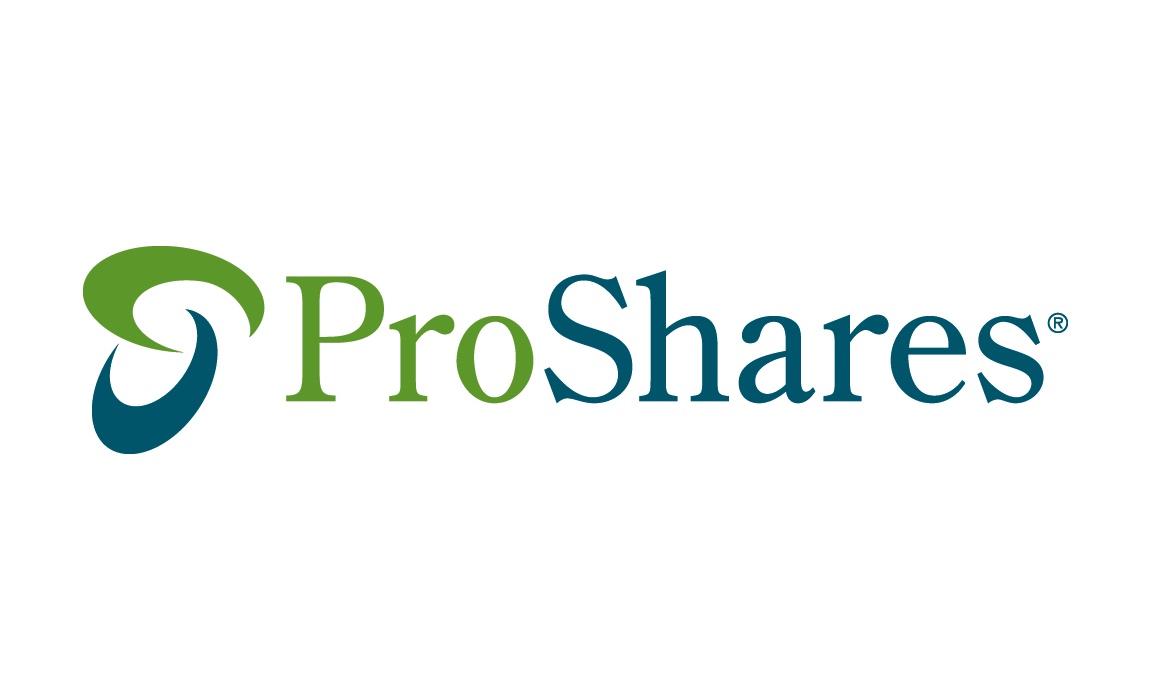Today's listings
ProShares lists two ETFs for the decline of retail and rise of ecommerce
Do you think that the sun has set on bricks and mortar retailers? Do you think a China-style ecommerce boom will soon sweep the US? Then ProShares has two ETFs for you.
Maryland-based leveraged ETF specialist ProShares is listing two new ETFs that offers investors the chance to invest in and speculate on the decline of retail and the rise of ecommerce.
The ProShares Long Online Short Bricks & Mortar Retail ETF(CLIX) will track an inhouse index called "Online vs Bricks and Mortar Retail Long/Short Index". The index gives long exposure to ecommerce companies and digital retailers, while shorting a selection of retailers "who may be most threatened" by ecommerce, the prospectus says.
Both long and short positions are chosen based on what fraction of a company's sales are done online compared to in bricks and mortar shops; and the number of square footage makes up their physical stores.
To qualify as a long investment, companies must have $300 million-plus in market capitalisation, a "significant" US presence, and average daily trading volume above $1m. Companies selected are then equally weighted.
To qualify for a short position, companies must rank in the 100 largest US retailers and have $500 million-plus in market cap.
The ProShares Decline of Brick and Mortar Retail ETF (EMTY) is an inverse ETF and gives -200% exposure to the Bricks and Mortar Retail Index.
EMTY's index has similar rules to the short position in CLIX, and picks stocks from the largest 100 US retailers that face threatening competition from ecommerce. The index is equally weighted and rebalanced monthly.
Analysis
Dead but doesn't know it: this is Bruce Willis' character in Sixth Sense. And something similar has been said for American retailers. That bricks and mortar retailers will die like the dinosaurs has become so entrenched an investment trope that "retail apocalypse" now has its own Wikipedia page.
The retail apocalypse is thought to be bad for jobs. Bad for property prices. And band for social fabric (if malls close, where will teenagers go on their dates?). But has the threat been overhyped?
There are well-cited numbers to back the prophecies of doom. In the US, household name department stores like JC Penny's and Macy's have closed hundreds of stores. Meanwhile, well-known apparel brands like Ralph Lauren, American Apparel, Guess and Under Armor are known to be struggling.
ETFs have been effected too. The State Street retail ETF (XRT) has declined 9% this year while Amplify Online Retail ETF (IBUY) has gained more than 30%.
But investors considering retail and ecommerce ETFs - including today's listings - should keep a few things in mind.
First: not all retail is dying. At present, Lidl and Aldi are opening thousands of shops in the US. Consumers buying weekly groceries do not want to buy everyone online. They want to know that the fish are fresh, bananas are ripening and avocados aren't bruised. Online shopping may be cheaper, faster and - best of all - save the hassle of parking, but consumers often want to inspect the food they buy. Amazon, often said to be the big winner of ecommerce, understands this full well, and hence its foray into Whole Foods.
Second, malls are closing for reasons other than ecommerce. Rising inequality is one: a hollowed-out middle class, as Henry Ford would have understood, means fewer customers for middle-market retailers. The new food culture - sometimes derided as foodism - is another: today's consumers like to spend money at restaurants, not just on clothes. In any event, investors should be wary of thinking that mall closures are being driven exclusively by ecommerce.
Eaton Vance lists more of its patented NextShares
Early mover in exchange-traded managed funds Eaton Vance is listing another fund on Nasdaq, the
Eaton Vance Diversified Credit NextShares (OKDCC)
.
OKDCC gives diversified exposure to credit markets around the world. It can buy more or less any kind of credit product, including: corporate debt, senior loans, structured credit investments, emerging market debt, real estate debt and convertible securities - the prospectus says.
OKDCC will invest at least 50% in debts issued by US companies and up to a maximum of 20% of its assets in debts issued by emerging markets issuers. In order to generate yield, at least 25% of the fund will be invested in a combination of high yield debt securities and senior loans, the prospectus says.
OKDCC can invest an unlimited amount in derivatives.
Direxion powers up big pharma leverage
Leveraged ETF specialist Direxion is upping the power on its leveraged medical and pharmaceutical ETF, giving 3x leveraged exposure to an index of US-listed pharmaceutical and medical companies - up from 2x it was giving before. (The 2x leveraged fund
).
The Direxion Daily Pharmaceutical & Medical Bull 3X Shares (PILL), will have the same ticker and same investment strategy as before, only it offers even more highly leveraged exposure.




